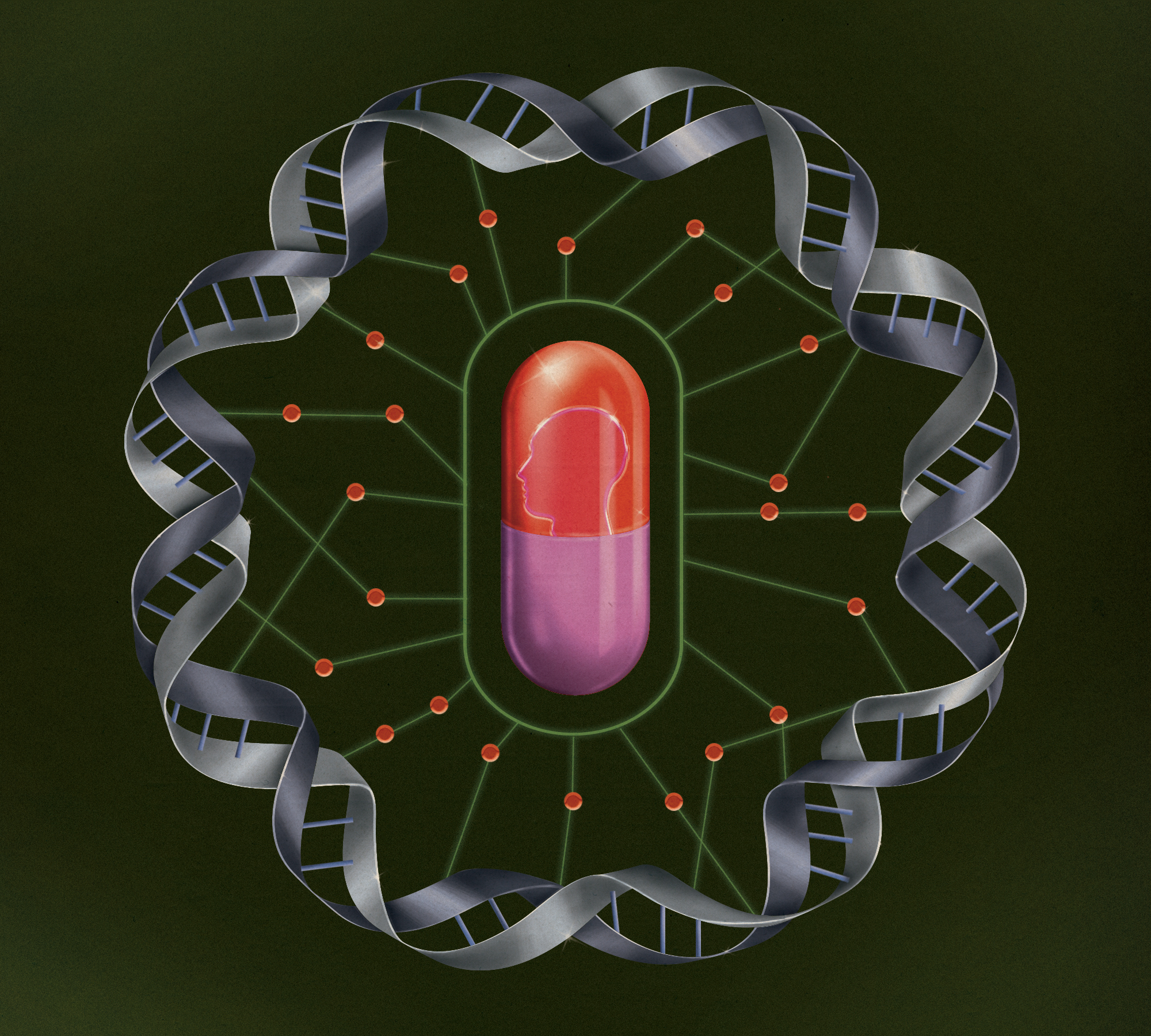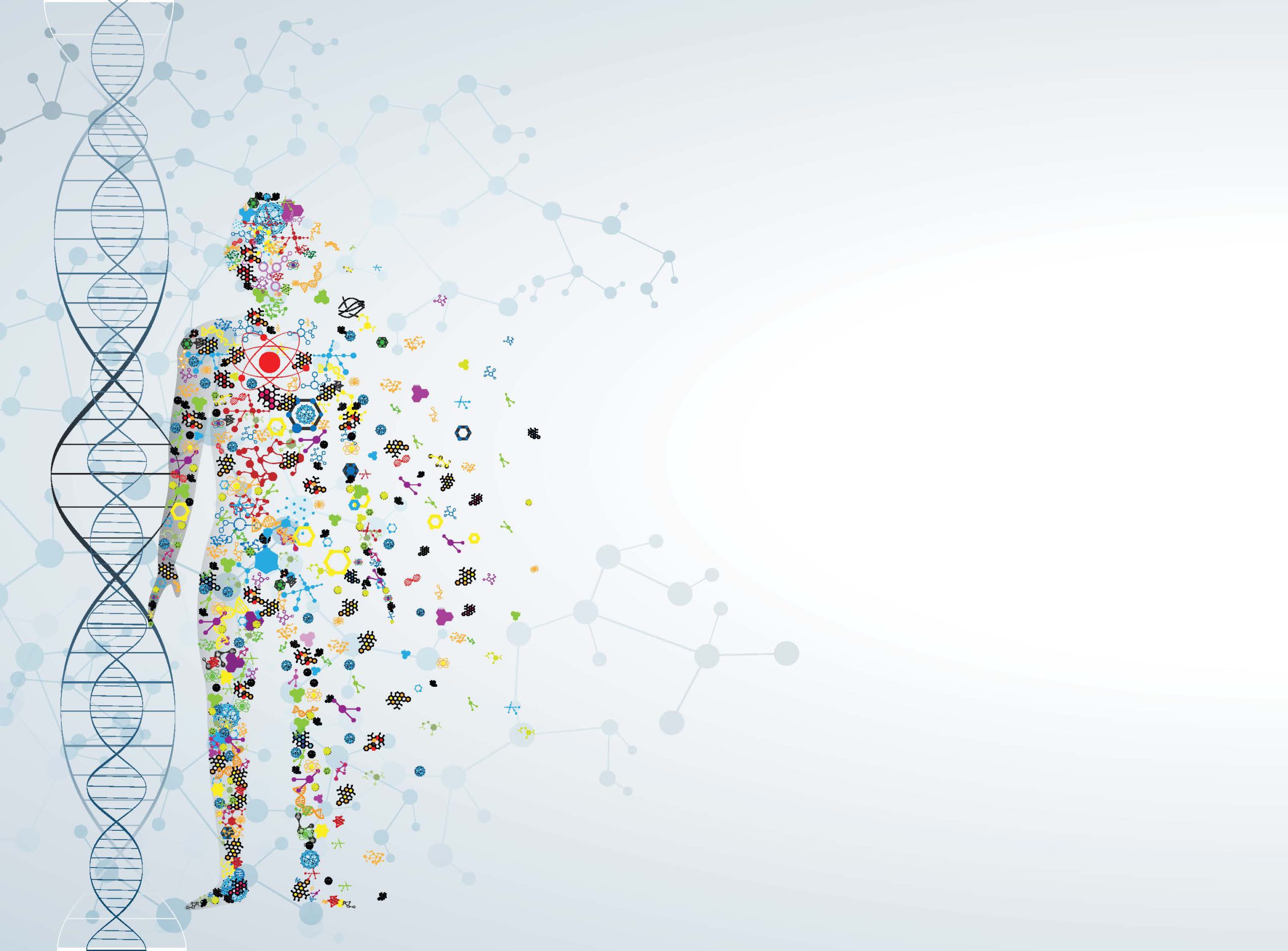
Medicine has come a long way. Every day, new discoveries are being made that will help cure an ailment and provide better treatment to patients.
Although there are still illnesses that do not have a cure, modern medicine is saving the lives of millions of people around the world. In many cases, diagnoses that once were death sentences can now more easily be overcome with the right treatment.
Humans now live longer. In the 1900s, the average life expectancy for a man living in the United States is 46.3 years. For women, it was 48.3 years.
In 2019, Americans have an average life expectancy of 78.8 years.
It is a huge improvement that was made possible by a push for a healthier diet and regular exercise as well as the advancements in the field of medicine. In the future, people might live longer, especially as personalized treatment is realized and applied to a wider group of patients.
Table of Contents
Personalization in Medicine: Why You Want It
Right now, if you have an ailment, you describe your symptoms to your doctor and undergo tests, get a diagnosis, and receive a prescription for drugs. If, for example, you have a persistent headache, the attending physician may tell you to take pain relievers. You are lucky if it goes away after a few days, but what if the drug does not make a difference? You have to go back, potentially go through another series of tests, and then another prescription of drugs.
It is a Round of Trial and Error.
In the future, however, things will change significantly. A physician would not choose a treatment based on which part of the body is inflamed or the patient’s height and weight. More lives could be saved through personalized medicine.
Technology Needed for Personalized Medicine
Most of the technology needed to enable healthcare professionals to more accurately give a diagnosis and treatment already exist. The patient messaging and communication software, for one, connects patients to their doctors and vice versa. The digital tool provides physicians to give relevant medical advice to patients who have certain conditions. They can also directly send the patient an invitation to come back for a follow-up check-up or recall visits.
The electronic health record, on the other hand, can give healthcare professionals access to a patient’s previous diagnoses, current treatments and medications, and other symptoms to better respond to an emergency.
But, one that is really exciting is the use of computers. AI, or artificial intelligence, has the capacity to crunch troves of data and analyze potential outcomes in the shortest amount of time. It is a very efficient way to sift through research papers and surveys, as well as patient information, on the spot.
AI has already been used in the medical field, more recently during the COVID-19 pandemic. As scientists scramble to find a cure for the new deadly virus, they use AI to determine which existing drugs can fight infection and prevent people from losing their lives. In the future, an AI can analyze a patient based on their symptoms, history, lifestyle, and other factors to match them to the best treatment plan.
Technology is even allowing consumers to get to know their own bodies better. Services such as 23andMe, which primarily reveals a person’s ancestry, can also determine health conditions through a customer’s DNA. When an individual is aware of their risks, they are more likely to take steps to minimize it and avoid having the same conditions as their loved ones.
Smartphone apps are providing coaching for those who are already undergoing treatment. Take, for example, the Cornerstone4Care app which was released by Novo Nordisk, a diabetes drug company, and Glooko, a digital health company. The app allows patients to track their blood sugar and provides personalized diet and exercise plans.
It Only Gets Better
This kind of healthcare has plenty of promises. One possible benefit of personalized medicine is a more accurate choice of medication which will produce fewer side effects and better overall response. In the present, doctors prescribe antibiotics based on educated guesses. For a non-life-threatening infection, this might not be a problem. However, if the patient has a more severe and immediate illness, knowing the right antibiotic to give is crucial.
It could also improve diagnoses. It would help identify rare diseases immediately and prescribe treatment to halt them from progressing. A rare disease often takes more time to diagnose. A patient often has to switch from one expert to another before they get a treatment that addresses the real problem.
Moreover, it can lead to the discovery of effective cures for Alzheimer’s, Parkinson’s, and other illnesses. As the technology used in healthcare continues to improve, a cure that can stop these conditions from progressing could be released into the market.
The medical industry is working hard to save the lives of patients and enable them to live longer, happier lives. Every day, more discoveries are being made. In the future, humans might enjoy longer lifespans as diseases become easier to prevent and cure.
